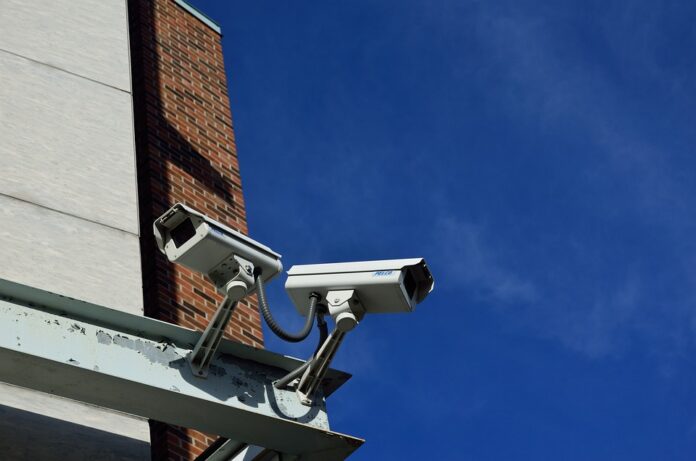The Rise of Cyber Espionage: How Nations Are Using Technology to Spy on Each Other
Espionage is becoming increasingly common in today’s interconnected world, and the use of technology for this purpose is becoming more widespread. In order to gather intelligence, disrupt the operations of competing governments, and even sabotage critical infrastructure, nations all over the world are employing a wide variety of sophisticated cyber tactics. This particular form of espionage, which is referred to as cyber espionage, constitutes a significant risk to both the foreign policy and the national security of a nation.
The Origins of Cyber Espionage
It is not a new phenomenon that cyber espionage occurs. Over the course of several centuries, governments have been engaging in espionage, employing a wide range of covert strategies in order to gather intelligence on their competition. The widespread adoption of digital technologies, on the other hand, has opened up a new frontier for the collection of intelligence. The term “cyber espionage” refers to the practice of infiltrating networks, stealing sensitive information, and monitoring communications through the use of technology such as hacking, malware, and other cyber tools.
The Instruments Used in Cyber Espionage
Malware, which is used in cyber espionage, is one of the most important tools. In the context of computer systems, malware refers to malicious software that is designed to infiltrate, steal data, and disrupt operations. The use of sophisticated malware by governments and intelligence agencies allows for the infiltration of networks, the infection of devices, and the gathering of intelligence on their targets. Phishing attacks, social engineering strategies, and network scanning tools are some of the other common tools that are utilized in criminal cyber espionage techniques.
Cyber espionage targets are the following:
Cyber espionage is carried out by nations for a variety of reasons, including the gathering of intelligence on competing governments, the disruption of political opponents, and the acquisition of a strategic advantage in geopolitical conflicts. Private businesses, government agencies, military organizations, and critical infrastructure are all potential targets of cyber espionage. Another target could be critical infrastructure. In recent years, the theft of intellectual property, which includes trade secrets, patents, and proprietary technology, has become an increasingly important focus of cyber espionage.
The Effects of Espionage Over the Internet
A significant impact has been made on international relations, national security, and the economy of the entire world as a result of the proliferation of cyber espionage. Cyberattacks have the potential to disrupt critical infrastructure, undermine trust between nations, and destabilize political systems. These are all potential outcomes of digital attacks. Certain instances of cyber espionage have resulted in significant financial losses for both private companies and public administrations. As a result of the persistent danger posed by cyber espionage, governments have been compelled to make investments in cybersecurity measures, enhance information sharing, and develop international standards applied to cyberspace.
The Future of Cyber Espionage
As the state of technology continues to advance, the strategies and capabilities of cyber espionage will also continue to develop. There is a high probability that nation-states will allocate additional resources to the development of sophisticated cyber tools, the expansion of their capabilities to gather intelligence, and the targeting of new industries for the purpose of exfiltration. Additionally, the risks of cyber espionage will continue to increase as a result of the growing interconnectedness of the digital world. To protect themselves from the dangers of cyber espionage, it is essential for individuals, businesses, and governments to maintain a state of vigilance, make investments in cybersecurity measures, and educate themselves on the subject.
Final Thoughts
The practice of espionage has been around for centuries, but the rise of cyber espionage represents a new frontier in the field. As nations become more reliant on technology for the purpose of gathering intelligence, the risks and consequences of cyber espionage continue to widen and become more severe. It is critical for individuals, businesses, and governments to have a comprehensive understanding of the dangers that are posed by cyber espionage and to undertake preventative measures in order to safeguard themselves against the possibility of cyber attacks. Only through collaboration, the exchange of information, and the implementation of best practices in cybersecurity can we have any hope of reducing the dangers posed by cyber espionage and protecting our digital future.


